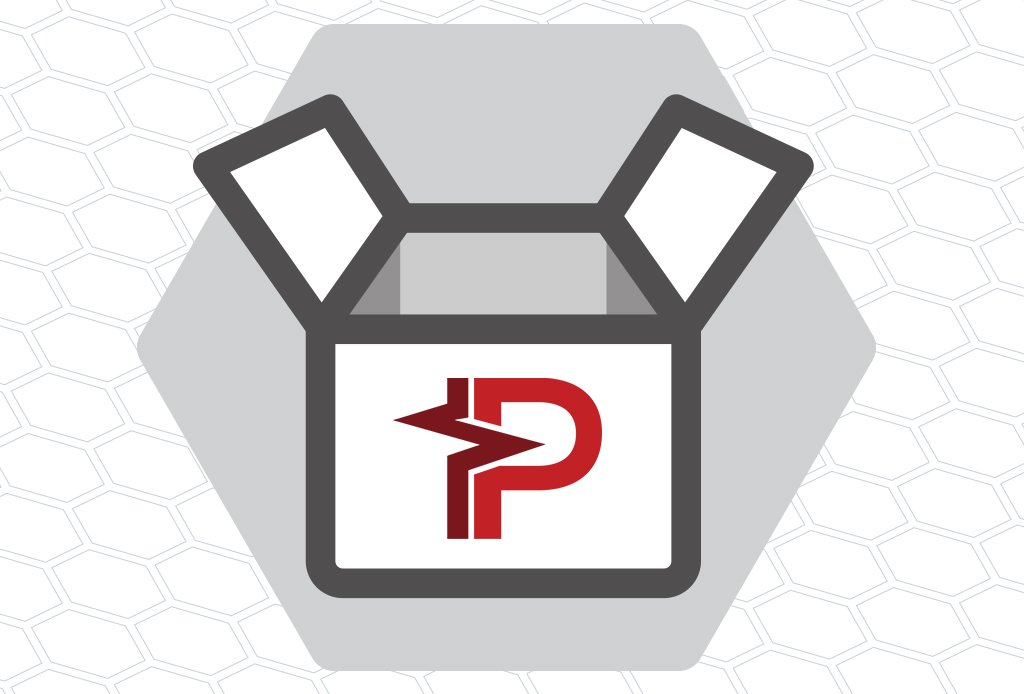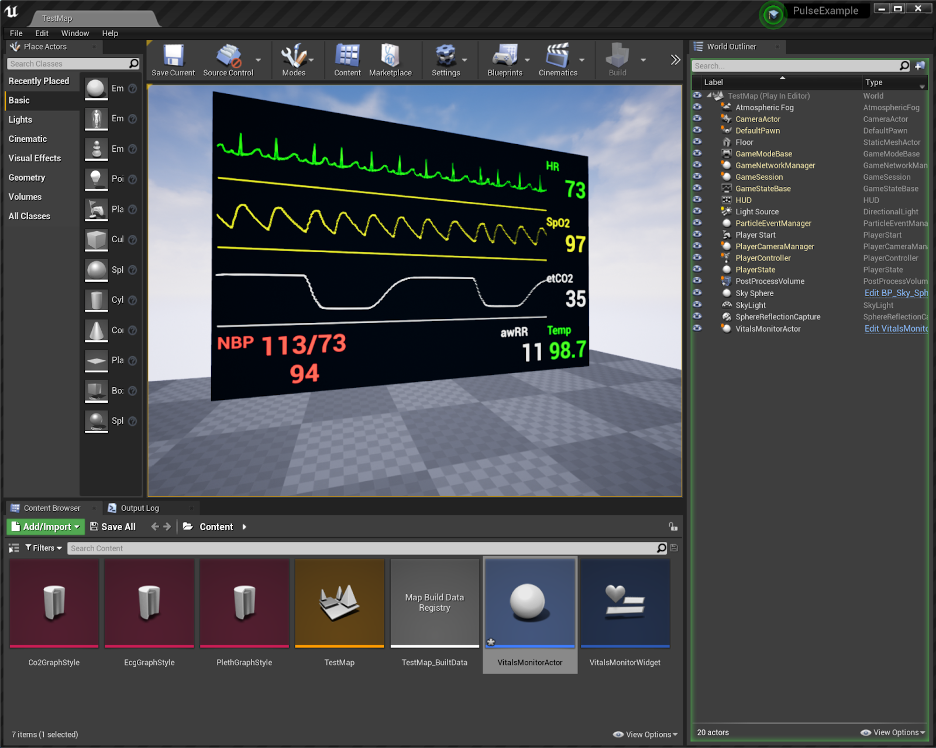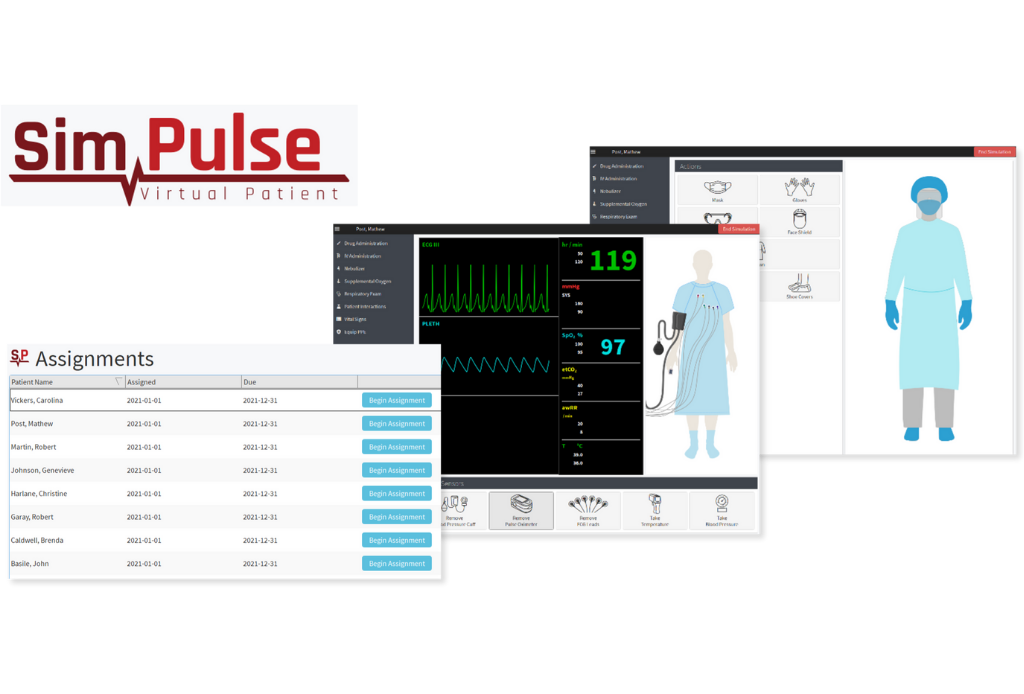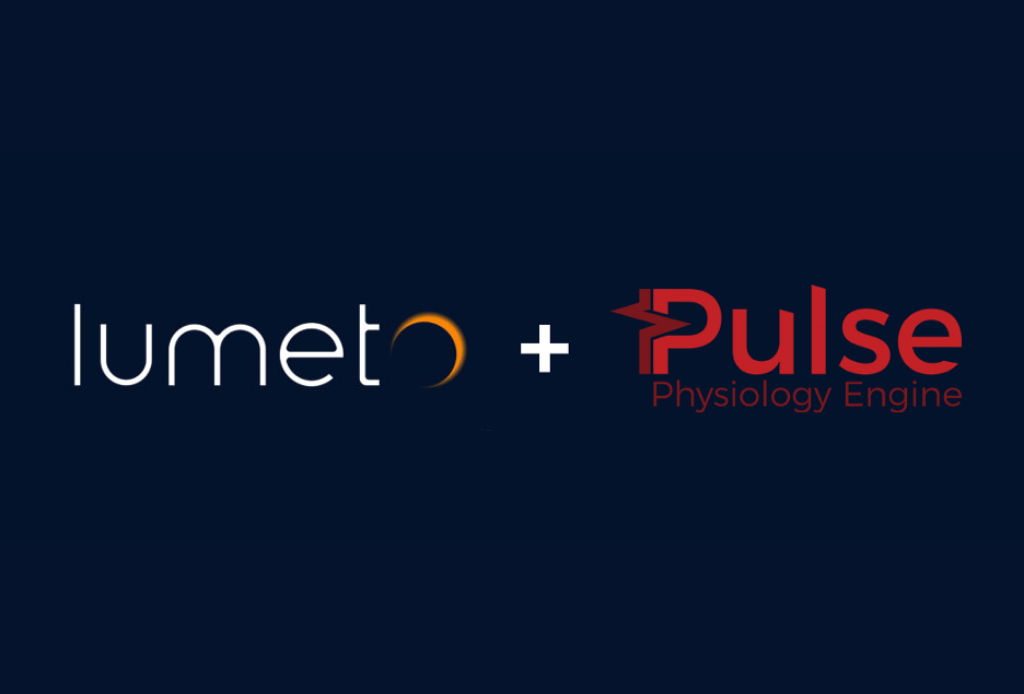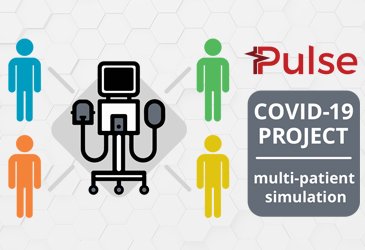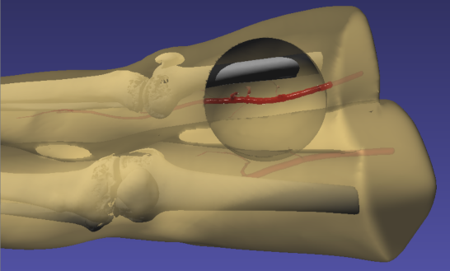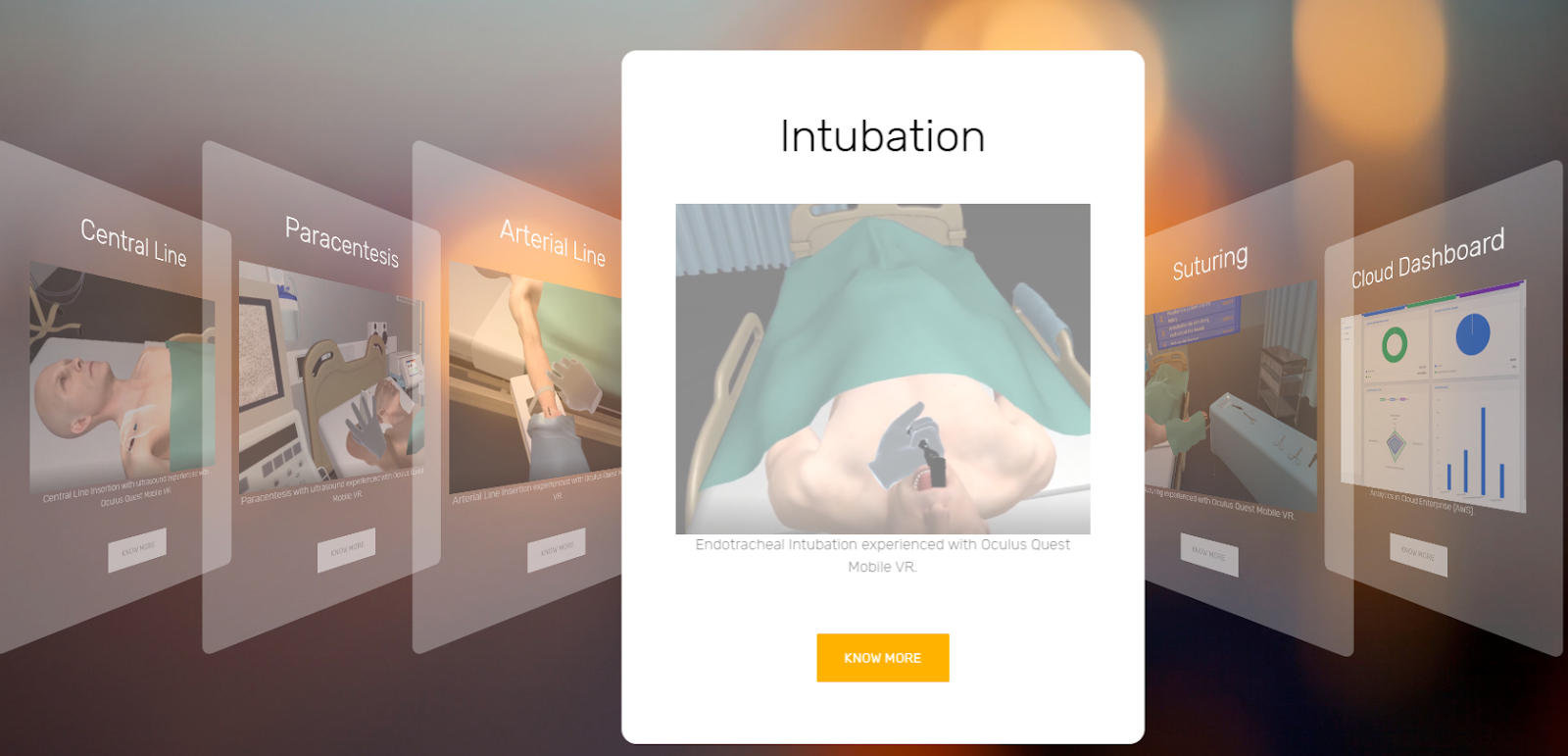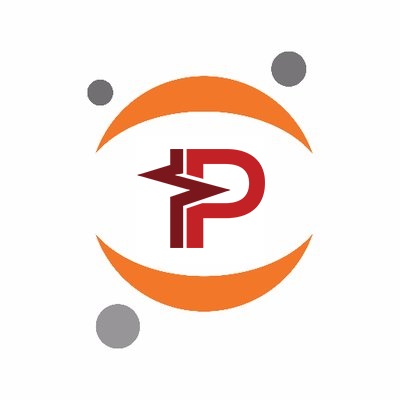Blog articles for Pulse
Don’t forget to SUBSCRIBE.
Our news delivered right to your inbox! Sign up now to stay up to date with the latest trends and updates from Kitware.
Don’t forget to SUBSCRIBE.
Our news delivered right to your inbox! Sign up now to stay up to date with the latest trends and updates from Kitware.
